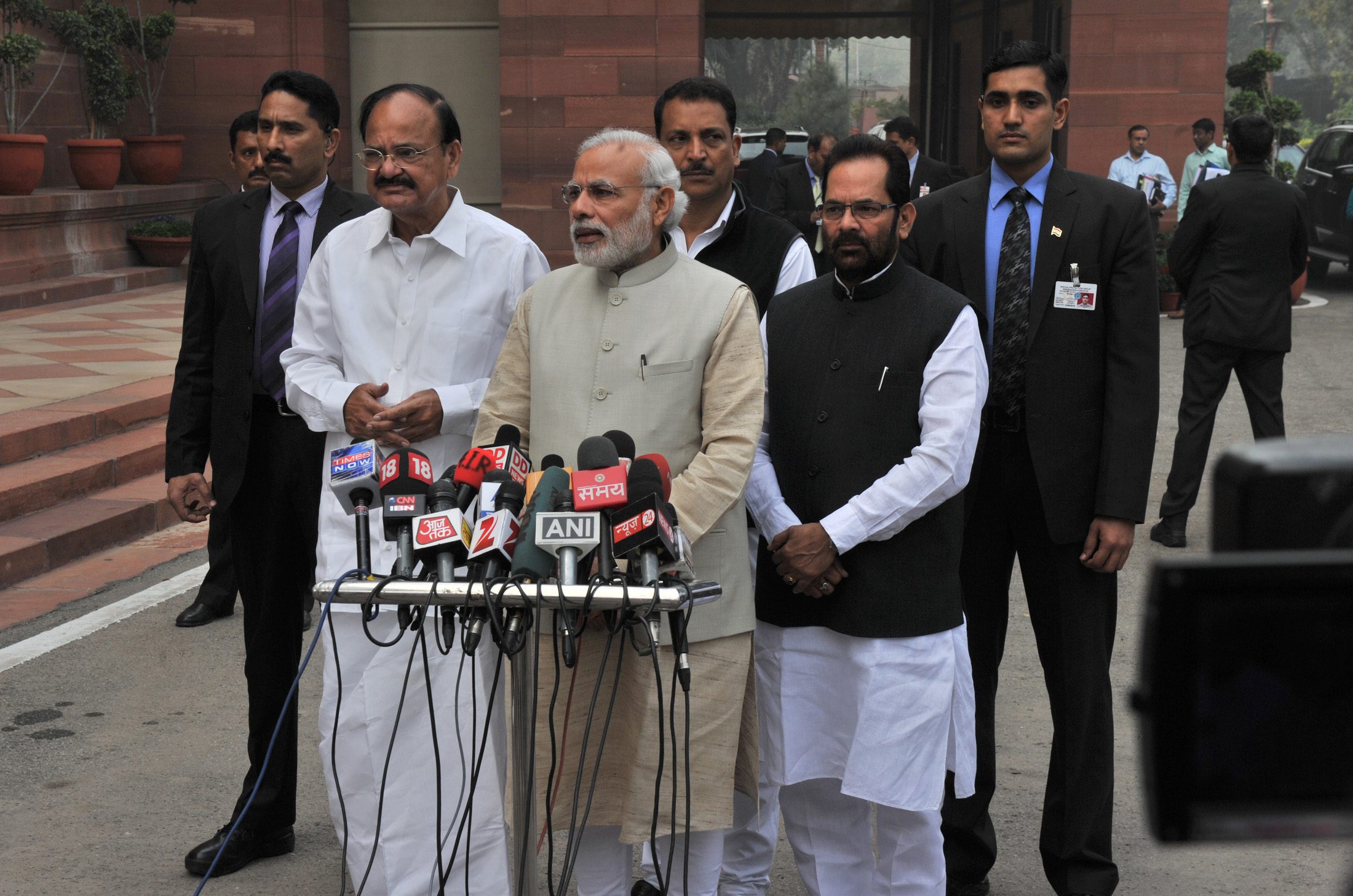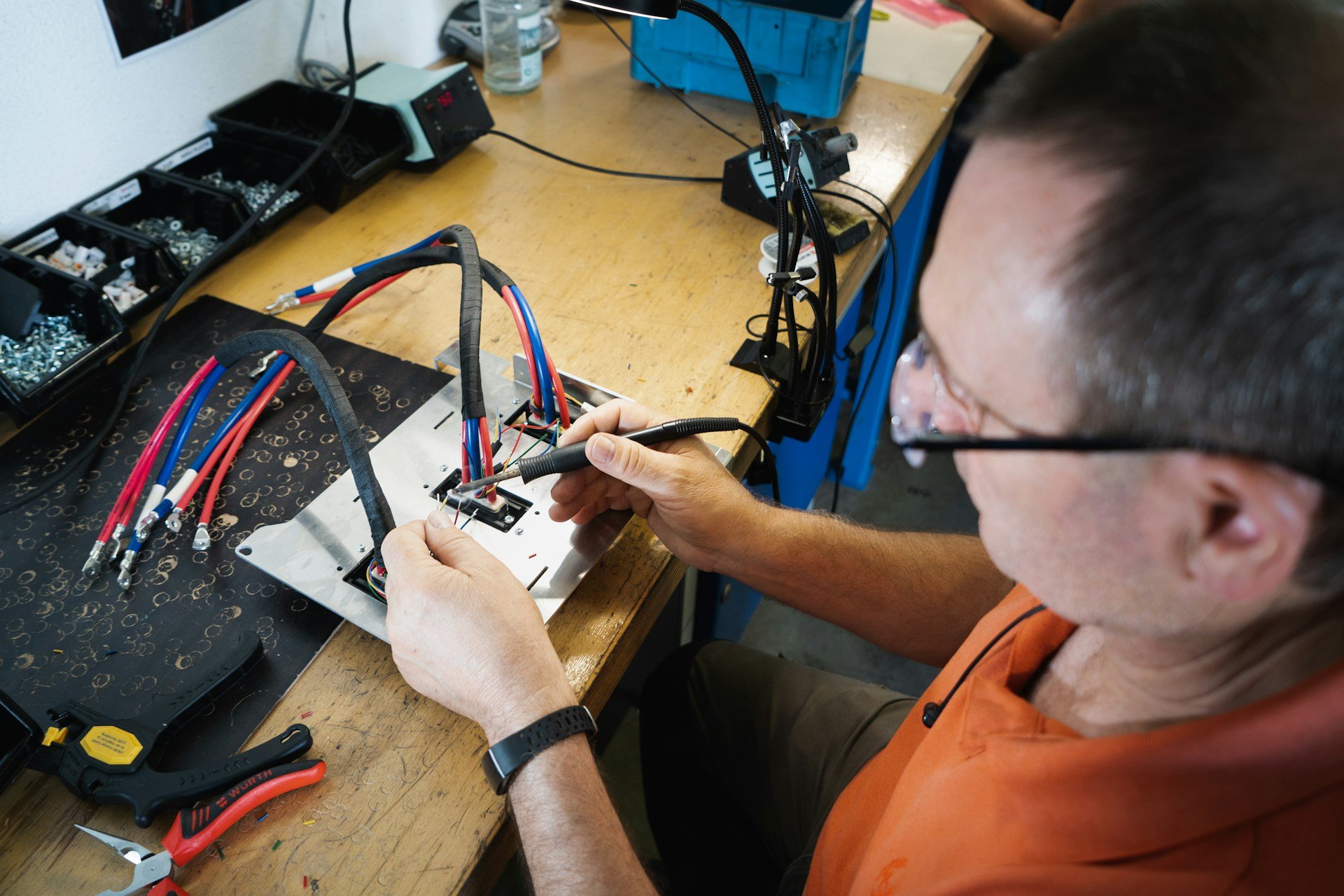The new directive which will recognize more finally arrives from the European Parliament protections for platform workers digital by protecting them from “fictitious” self-employment contracts and from algorithmic and less than human management. Protection which also results from the positive experiences acquired by certain national states, including Italy already during the Covid-19 pandemic.
Who are these digital platform workers and what protections are now finally recognized?
You too can rediscover the pleasure of staying informed!
Your support helps protect our independence so that we can continue to produce quality journalism that is open to all.
Support us
Workers on digital platforms: not just passengers
“Platform workers” are a category of people who carry out paid activities assigned by a platform that manages tasks and remuneration: they include taxi drivers, domestic workers and food delivery men or “riders” who run accommodation servicesbut also those who work on digital editorial platforms such as those employed in computer programming, website design or graphics, data entry or text editing.
There were 28 million in 2022 but will be 4.3 million in 2025, estimates the EU. These are generally young people with a first professional experience, mostly men and, to avoid the jungle of casual contracts or forms of exploitation, they need clear protections both from the point of view of work (salary, contributions, health care) and security since they are exposed to isolation anxiety, sleep disorders, exhaustion, depression, burn-out, loneliness (notably editorial professions) or “road” risks (delivery activities).
What does the European directive provide for working on digital platforms?
The European directive establishes three important protections. It requires all EU countries to treat delivery workers as employed, not self-employed, when their employment relationship actually involves control and direction by delivery companies. This is an important clarification because the “subordination” relationship entails other recognized rights (vacation, leave, sickness, social security). On the other hand, it requires the employer (and therefore the platform) to prove that the relationship is not subordinate (the worker will no longer have to prove it).
It is always, stop the “algorithmic” management of the worker on the platform: cannot be deleted or returned based on decisions made by algorithms. Companies will have to guarantee “human control” over decisions related to employees. Furthermore, the platforms will not be able to process personal data relating to emotional or psychological state or personal beliefs in accordance with the guidelines provided by the AI Act.
What about your job security?
Greater protection of digital work from the EU
The European directive comes at a crucial moment for Europe which, with Two-year campaign Healthy and safe work environments has already put the safety of digital workers at the center by focusing attention on the applications of artificial intelligence in the workplace and the use of robots and the many risks of platform workers. Safety solutions also come from Europe: studies by the European Labor Agency (EU-OSHA) have closely covered package delivery activities (linked to musculoskeletal disorders), but also stress risks. of the online content review activity and the risks associated with working for them. offering manual labor on the platform, such as plumbers and electricians.
This wealth of information collected by EU-OSHA complements the protection of workers on the platform: one of the main positive effects lies in the fact of having guided European legislation up to the current directive which brings together its principles. For example, the Spanish law on users led to the current introduction of the right to algorithmic transparency of platforms, the French El Khomri law inspired the right to disconnect while the Bologna Charter on sustainable mobility guided the current Italian and European legislation, reaffirming the character of workers subordinate to all platform workers, with all the rights that this status brings in terms of protection and security.



